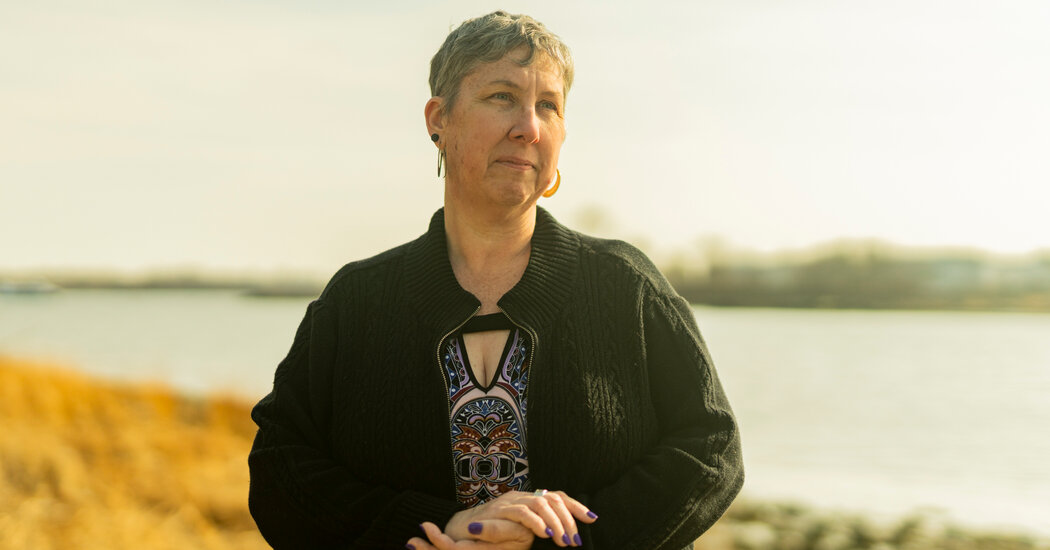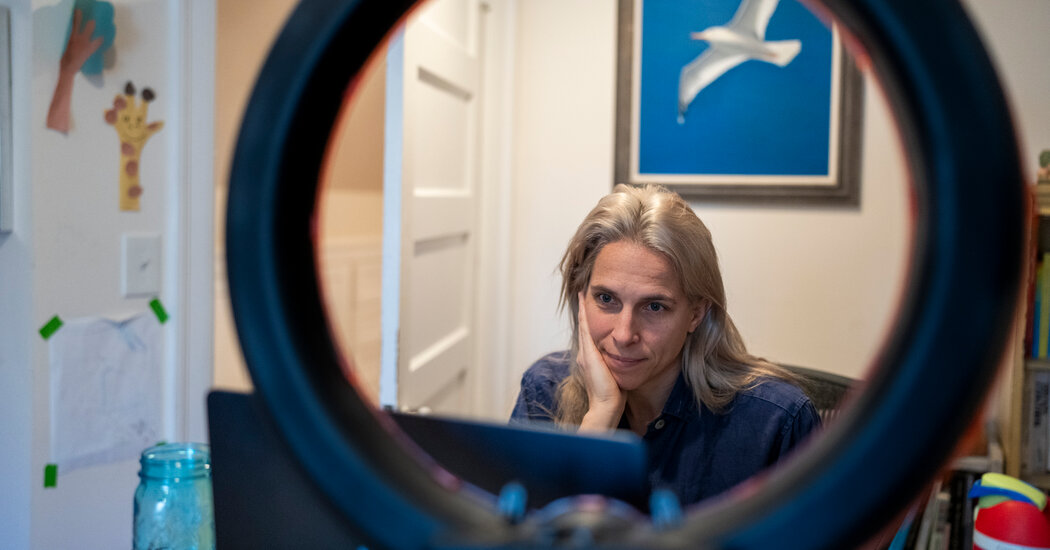Trump Cuts Imperil Cancer, Diabetes and Pediatric Research at Columbia
Dozens of medical and scientific studies are ending or at risk of ending, leaving researchers scrambling to find alternative funding.Cancer researchers examining the use of artificial intelligence to detect early signs of breast cancer. Pediatricians tracking the long-term health of children born to mothers infected with the coronavirus during pregnancy. Scientists searching for links between diabetes and dementia.All these projects at Columbia University were paid for with federal research grants that were abruptly terminated following the Trump administration’s decision to cut $400 million in funding to Columbia over concerns regarding the treatment of Jewish students.Dozens of medical and scientific studies are ending, or at risk of ending, leaving researchers scrambling to find alternative funding. In some cases, researchers have already started informing study subjects that research is suspended.“Honestly, I wanted to cry,” said Kathleen Graham, a 56-year-old nurse in the Bronx, upon learning that the diabetes study she had participated in for a quarter of a century was ending.At Columbia’s medical school, doctors said they were in shock as they received notice that their funding was terminated. Some expressed resignation, while others sought a stopgap solution and asked whether the university could fund some of the staff on the projects in the short term, according to interviews with five doctors or professors who had been affected.“The most immediate need is to bridge in the short term and figure out what the longer-term plans are,” said Dr. Dawn Hershman, the interim chief the division of hematology and oncology at Columbia’s medical school. “That’s what is being worked out.”We are having trouble retrieving the article content.Please enable JavaScript in your browser settings.Thank you for your patience while we verify access. If you are in Reader mode please exit and log into your Times account, or subscribe for all of The Times.Thank you for your patience while we verify access.Already a subscriber? Log in.Want all of The Times? Subscribe.
Read more →






